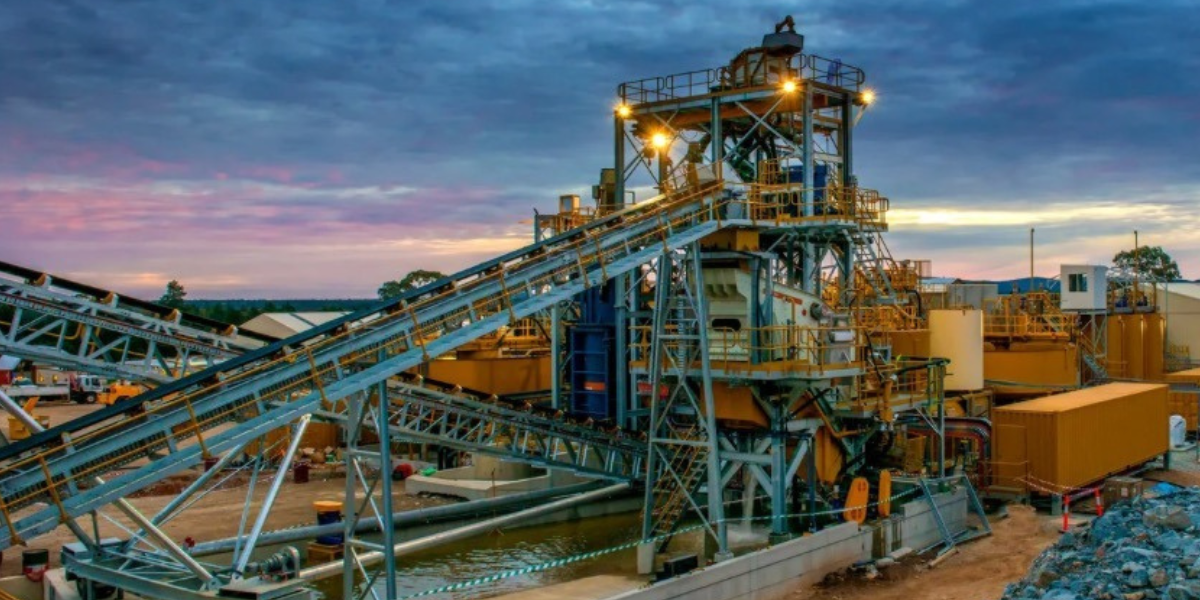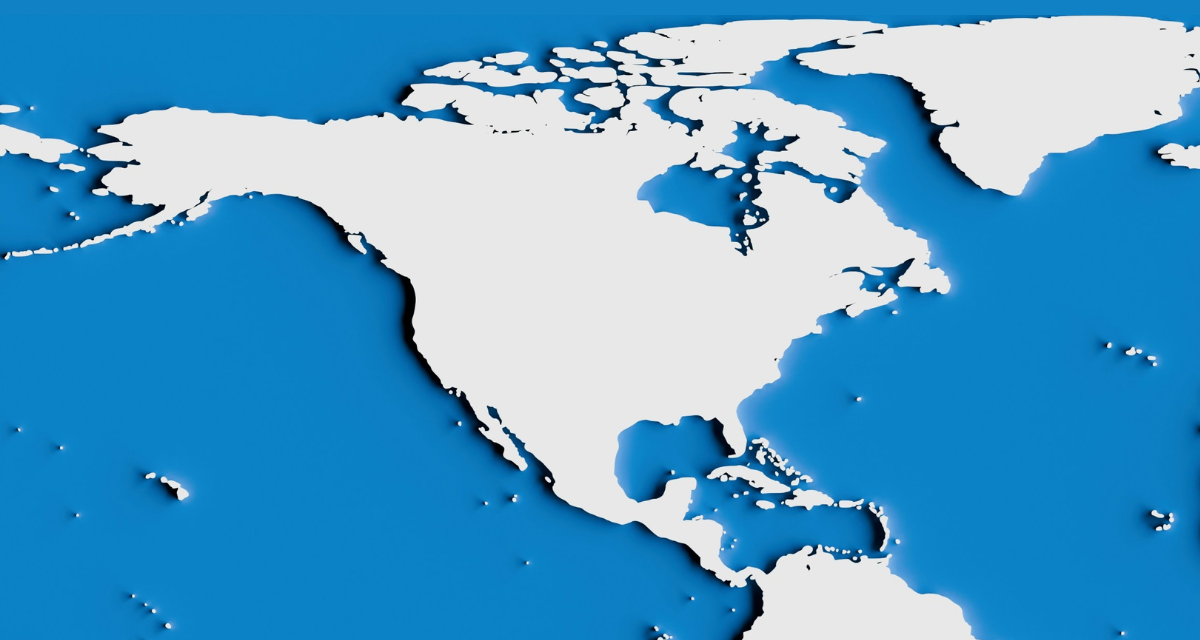




Accelerating a 21st century race to the top
Forging a path toward American prosperity and global competitiveness through investment in economic, strategic, and technological policy solutions.
New & Noteworthy Material

China's Rare Earth Exports to the United States
Silverado Policy Accelerator|01/27/2026
This dashboard covers the impact of China's export restrictions on shipments of rare earth magnets and export-controlled compounds/metals to the United States.

China’s Global Exports of Rare Earth Elements and Rare Earth Permanent Magnets
Silverado Policy Accelerator|01/23/2026
China’s global exports of rare earth magnets continued at relatively high levels compared to historical patterns.

Strategic Defense Critical Mineral Factbook 2025
Silverado Policy Accelerator|12/17/2025
The future of critical minerals supply chains starts with an understanding of the current and potential sources of supply.

The Way Forward for North American Critical Mineral Security and Resiliency
Silverado Policy Accelerator|11/18/2025
Silverado’s new report, “The Way Forward on North American Mineral Security and Resiliency,” sets out a detailed, step by step trade roadmap for North America.

What Happens if the Supreme Court Kills Trump's Tariffs?
Silverado Policy Accelerator|11/14/2025

USMCA Critical Minerals Data Dashboard
Silverado Policy Accelerator|11/06/2025
This dashboard covers production of select critical minerals in Canada, the United States, and Mexico.
Focus Area

National Security
Forward-looking policy solutions that preserve American leadership and protect national interests in an increasingly contested global environment

Trade and Industrial Security
Shaping trade policy to support American workers and secure America's supply chains.

Energy and Resource Security
Foregrounding the nexus of resource and energy security to meet 21st-century resiliency goals.

Cybersecurity and AI
Modernizing America's cyber strategy to enhance deterrence, defend against cyber attacks, and protect intellectual property and national security.



